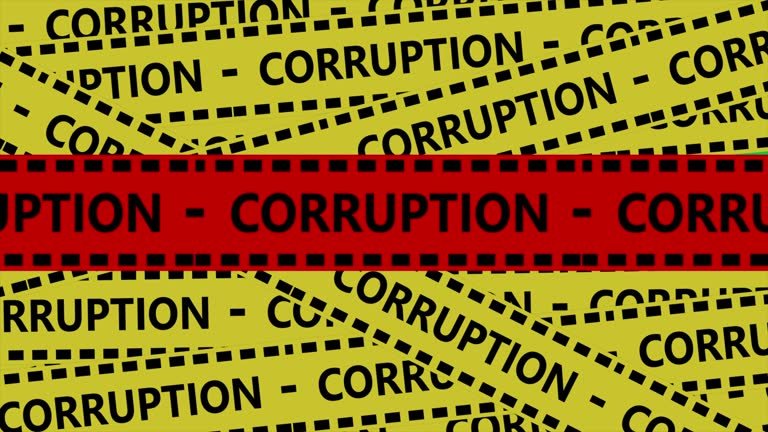The Supreme Court of India has acquitted two government employees accused of corruption, citing insufficient evidence to establish their involvement in demanding and accepting bribes. The Court set aside their conviction, which had been previously upheld by the Rajasthan High Court.
The case revolved around an Enforcement Inspector and an Office Assistant from the Supply Department, who were accused of demanding a bribe for expediting the issuance of a trade license. The prosecution alleged that a complainant, who had applied for a Rajasthan Trade Authority license, was asked for an illegal payment to speed up the process. Following this, the complainant approached the Anti-Corruption Bureau (ACB), which laid a trap to catch the officials in the act.
Court’s Findings:
The Supreme Court bench, comprising Justice Sudhanshu Dhulia and Justice K Vinod Chandran, reviewed the evidence and noted several inconsistencies in the prosecution’s case. The judgment highlighted that:
- The complainant’s statements contained contradictions regarding the exact bribe amount allegedly demanded.
- Independent witnesses turned hostile and did not corroborate the prosecution’s case.
- The prosecution’s reliance on the hand wash test—a method to detect traces of bribed money—was deemed unreliable.
- The accused contended that the money was forcibly thrust upon them, raising doubts about their intent.
Based on these observations, the Court ruled that the prosecution failed to establish guilt beyond a reasonable doubt.
Now Open: Pan-India Registration for Scam Reporters & Fraud Investigators!
Legal Implications:
The ruling reinforces the legal principle that an accused cannot be convicted based on assumptions or unreliable evidence. The Court emphasized that mere allegations or a trap laid by the ACB cannot be the sole basis for conviction unless supported by strong and consistent evidence.
This verdict raises concerns over the quality of anti-corruption investigations and the need for stronger procedural safeguards to ensure justice.
With this decision, the Supreme Court has once again upheld the importance of due process in corruption cases, reiterating that legal proceedings must be backed by conclusive evidence. The acquittal of the two government employees highlights the judicial system’s commitment to fairness, even in cases involving serious allegations like bribery.
Follow The420.in on
Telegram, Facebook, Twitter, LinkedIn, Instagram and YouTube


